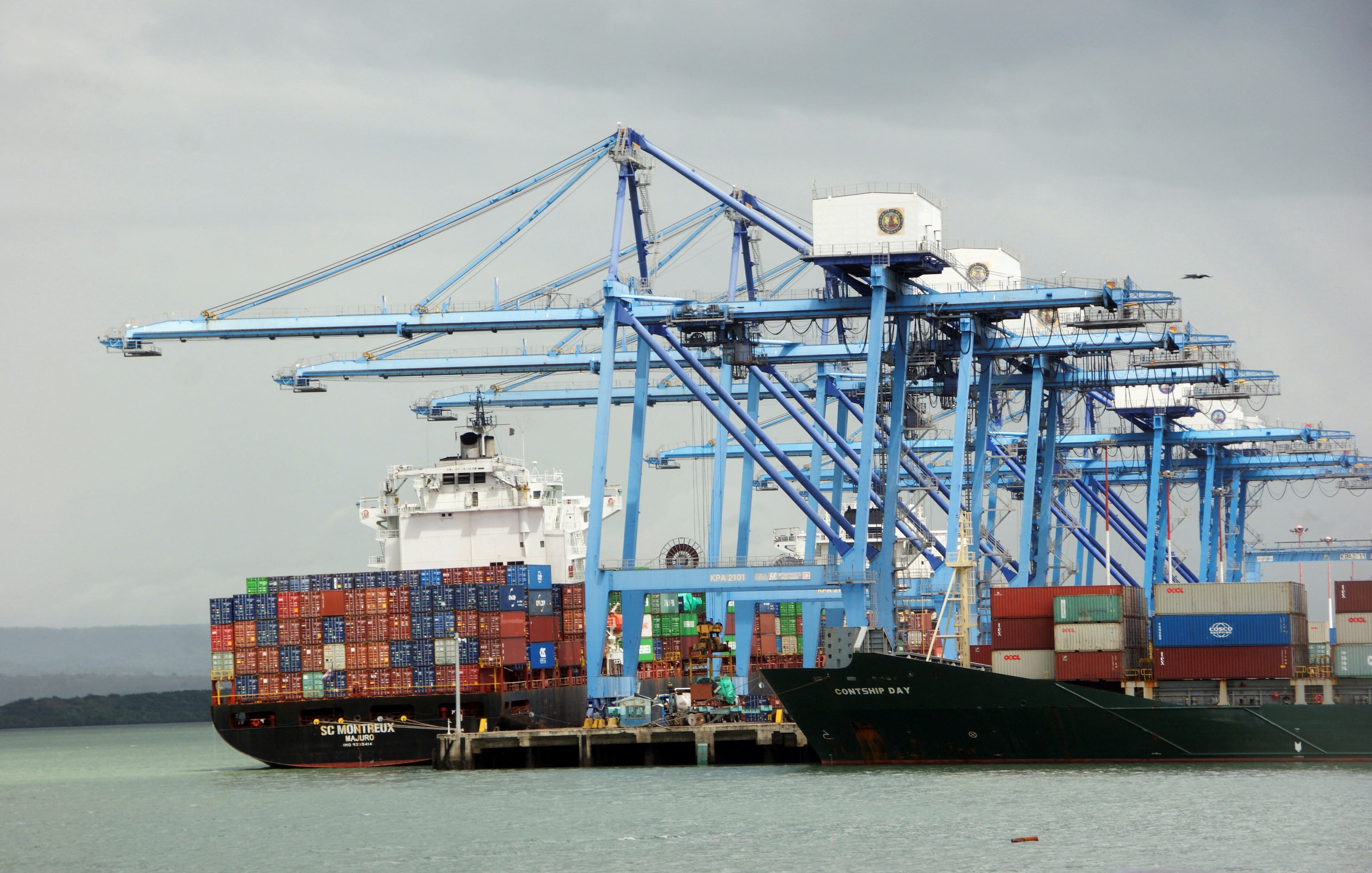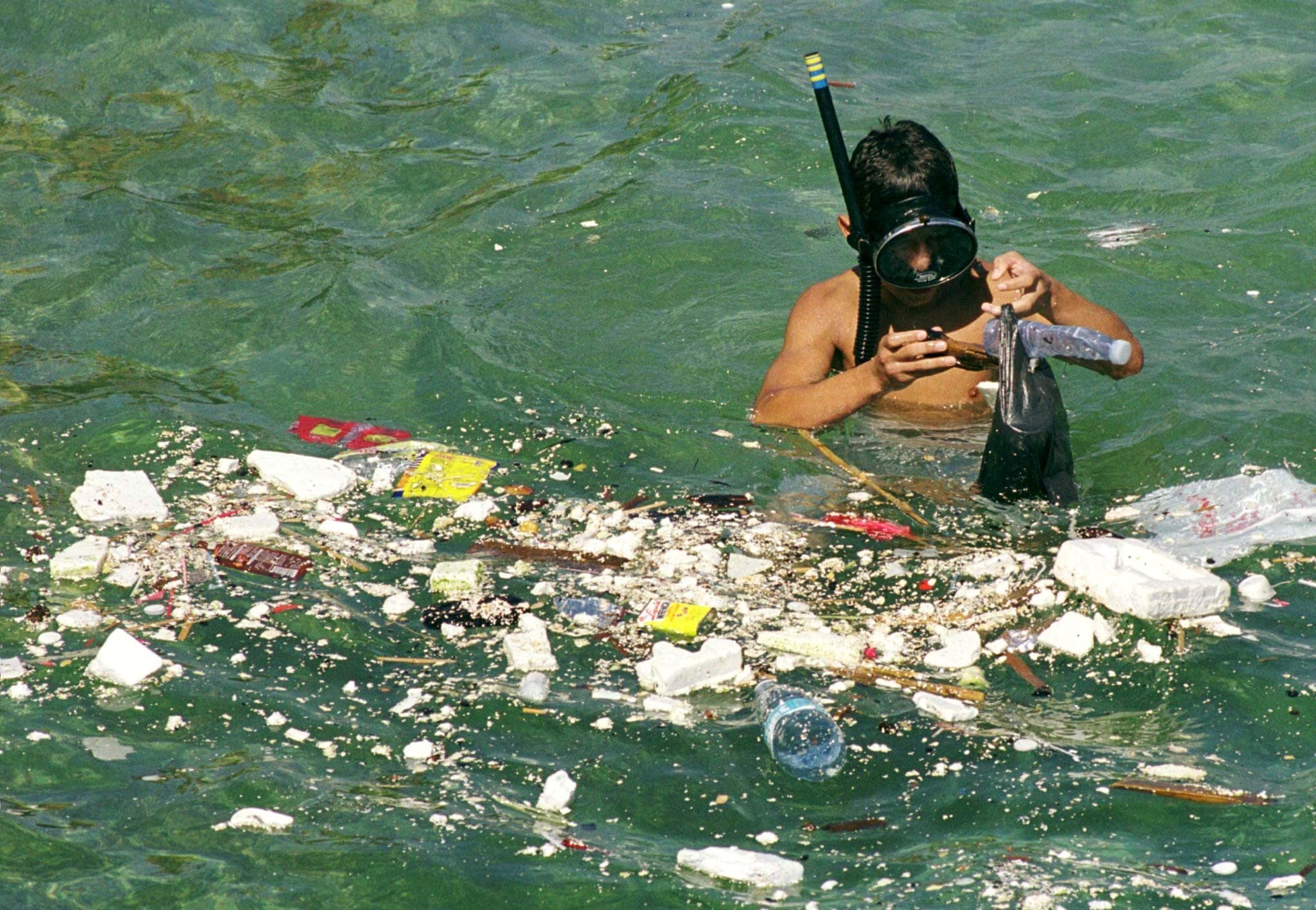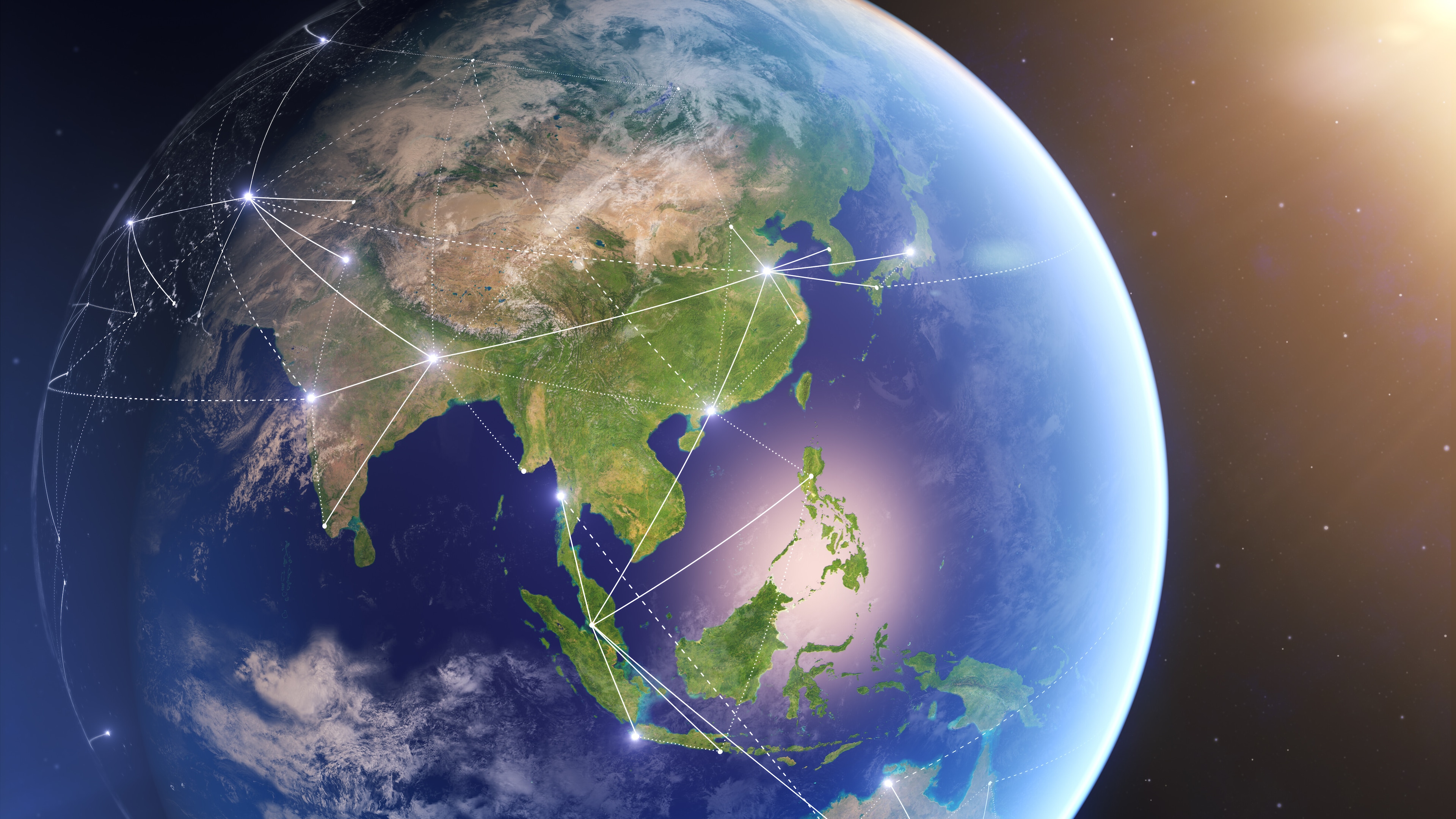5 ways to rebuild trust in a complex world

The lack of trust is apparent all around us – among voters and politicians, consumers and multinationals.
Image: Getty Images
Stay up to date:
Private Investors
- There are less than nine years left to 2030, and if we are to deliver on the 17 Sustainable Development Goals, then we must reach what we like to call SDG#18: Rebuilding trust.
- Trust builds, distrust destroys: Below are five concrete steps on how to actually build trust that we all must take.
- Make a conscious decision to trust; be trustworthy; be transparent and honest; set standards through collaboration; define your values – and act upon them.
Let’s face it: We have trust issues.
According to the Edelman Trust Barometer, we have an epidemic of misinformation and widespread mistrust of societal institutions and leaders around the world. And the divide is widening. The lack of trust is apparent all around us – among voters and politicians, consumers and multinationals, and between countries and heads of states.
This is extremely worrying. We know that trust is a must, if we are to solve the challenges we are facing as a collective. We have less than nine years left to 2030, and if we are to deliver on the 17 UN Sustainable Development Goals, we must also reach what we would like to call SDG#18: Rebuilding trust.
Recently, we sat down with Kirsty Graham of Edelman, to discuss exactly that. Following the discussion, we wanted to hash out some concrete steps on how to actually build trust.
Here are five ways:
1. Make a conscious decision to trust
It seems us humans come with a negativity bias. That’s why we have to very consciously decide to trust others. It’s good to trust yourself, but don’t fall into the trap of doubting others.
In his latest book, Humankind, the Dutch writer and historian Rutger Bregman argues convincingly against the misanthropic notion that human nature is egotistic and evil, but rather we have a deep desire to do good.
Hence, you shouldn’t feel naïve about trusting others – it’s a sign of strength. And remember: You must be able to trust others in order to be trusted yourself.
2. Be trustworthy
People today grant their trust based on two distinct attributes: competence (delivering on promises) and ethical behaviour (doing the right thing and working to improve society).
Say what you’re going to do – then do it.
Building trust doesn’t happen overnight. It’s not the promise itself that builds trust, it’s delivering on your promise.
It’s about predictability and consistency. So, stay the course, let people know who you are and what you plan to do, and act accordingly. No one said it better than Gandhi: We must be the change we wish to see in the world.
3. Be transparent and honest
It’s okay to fail. In fact, how can we innovate, grow and progress without ever failing?
People who claim never to have failed usually have a rather loose relationship with the truth. What is more human than trying, failing, learning, trying once more and then succeeding?
To be open about our own mistakes will not drive others away. Instead it will resonate with them, and they will recognize themselves in you.
4. Set standards through collaboration
The point we want to make here is about using technology as a trust tool.
A great example is how companies are making strong commitments to reduce carbon emissions. Yet many are not convinced and believe this to be more greenwashing than genuine. Through technology a company can calculate and report on their progress, but in order for it to be credible, we need standards that we all can agree on. If each company calculates their carbon footprint in their own way, we will not trust the numbers.
No man is an island. This also applies for companies. Collaboration is key if we are to meet the SDGs by 2030 and trust is the critical building block in any collaboration.
That’s why we need cooperation among regulators, NGOs and companies on standards for measuring achievements. That way, we have the same starting point. Business must take the lead on solving the trust paradox because it has the greatest freedom to act
5. Define your values – and act upon them
Both of us have experienced how values and a sense of purpose can be a driving force within a company – being part of something bigger than yourself.
A set of values can really be a guiding star for a company, but also for an individual. So, what are your core values? Put them down on a piece of paper, become conscious about them and then let that guide you. And you will see that others will respond by trusting you.
How can responsible data collection inspire trust?
These are five ways of building trust. There are many more. We would love to hear your input, so please leave a comment on whichever platform you’re reading this.
Let’s continue the conversation. Because, without trust, we will not be able to solve even the minor problems. With trust, however, there are no limits to what can be achieved.
Accept our marketing cookies to access this content.
These cookies are currently disabled in your browser.
Don't miss any update on this topic
Create a free account and access your personalized content collection with our latest publications and analyses.
License and Republishing
World Economic Forum articles may be republished in accordance with the Creative Commons Attribution-NonCommercial-NoDerivatives 4.0 International Public License, and in accordance with our Terms of Use.
The views expressed in this article are those of the author alone and not the World Economic Forum.
Related topics:
Forum Stories newsletter
Bringing you weekly curated insights and analysis on the global issues that matter.
More on Global CooperationSee all
Natalie Pierce
August 12, 2025
JJ Enoch
August 6, 2025
Eric Holst
August 4, 2025
Catherine Chevauché
August 4, 2025
Li Dongsheng
July 31, 2025
Pranidhi Sawhney and Adam Skali
July 29, 2025





